7 Days is a weekly roundup of the Editors' picks of what's been happening in the world of technology - written with a dash of humor, a hint of exasperation, and an endless supply of (Irish) coffee.

There’s been no shortage of news pouring in from across the tech world lately – and if you’ve struggled to keep up with it all, we wouldn’t blame you! But fear not, for 7 Days is here once again to bring you up to speed with what’s been happening, in a whistle-stop walkthrough of the week’s top tech news.
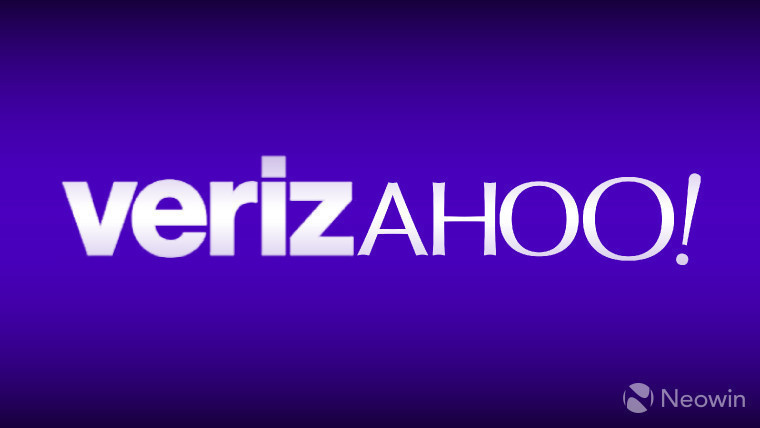
We begin this week with more Verizahoo hoo-ha. Last weekend, it emerged that Verizon was seeking a $1 billion discount on its planned Yahoo acquisition, following revelations surrounding Yahoo's massive 2014 data breach were revealed to Verizon after the terms of its purchase were agreed. More recently, rumors have suggested that Verizon may be seeking to annul that agreement, and withdraw from the acquisition entirely.

A certification screw-up by GlobalSign blocked access to many of the world's largest and most popular websites this week. The company acknowledged and apologized for the issue, but admitted that it would take several days for everything to return to normal.

Documentation leaked in July revealed plans to deliver 100Mbps broadband to all European Union households by 2025. But this week, it emerged that that goal won't be cheap to implement, with an estimated cost of €502 billion EUR (around $550bn USD).
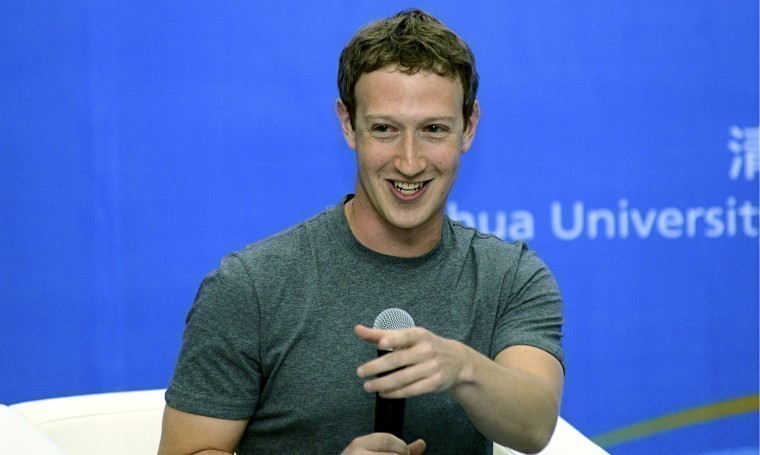
There's no shortage of digital assistants these days, but that hasn't stopped Facebook founder Mark Zuckerberg from developing another one, known as 'Jarvis' - yep, just like Tony Stark's AI assistant in the Iron Man movies. Zuckerberg asked Facebook users this week for their ideas about who should provide the voice for Jarvis.

But Facebook came under fire in the UK as it emerged that the company paid just £4.17 million in corporation tax there last year, and that it actually ended up better off after receiving £11.3 million in tax credit.

The UK's Crown Prosecution Service published new rules on Monday to improve the legal framework for dealing with those who engage in trolling, online abuse, cyber-bullying and doxxing.
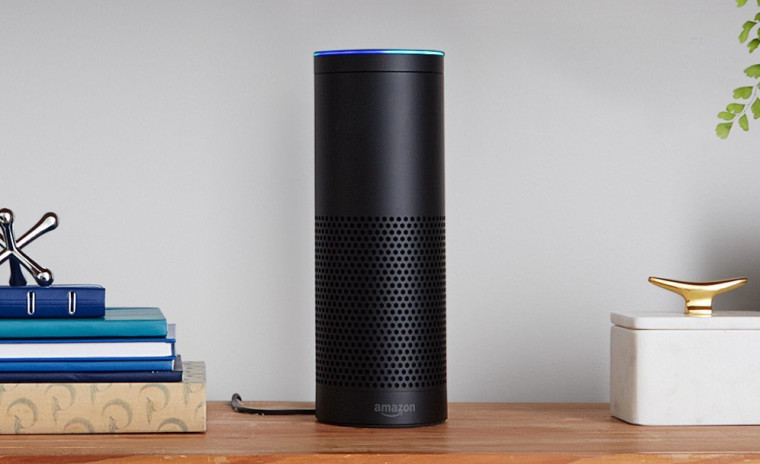
Amazon launched its new standalone music streaming service, Music Unlimited, priced at up to $9.99 a month - but those with Amazon Prime will pay less, and Amazon Echo owners will pay just $3.99.

Meanwhile, Amazon reset an unknown number of users' passwords, after it discovered that some usernames and passwords had been made public. The company said that it had taken that action "out of an abundance of caution".
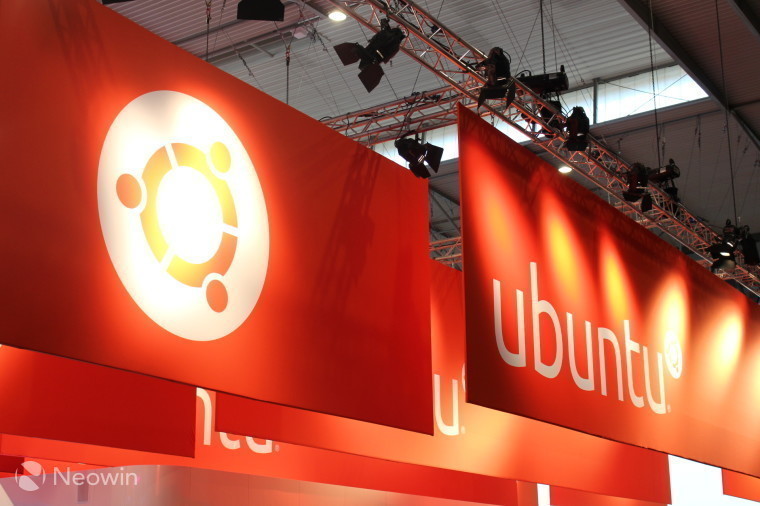
Canonical released Ubuntu 16.10 Yakkety Yak, bringing some minor improvements, and a technical preview of the new Unity 8 desktop environment. The 16.10 release will be supported until July 2017.
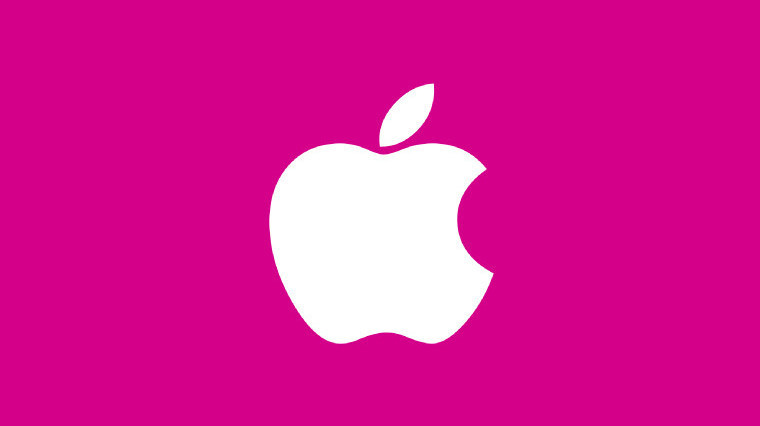
Apple released new Developer Betas of watchOS 3.1, macOS 10.12.1 Sierra, iOS 10.1, tvOS 10.0.1 and Xcode 8.1.
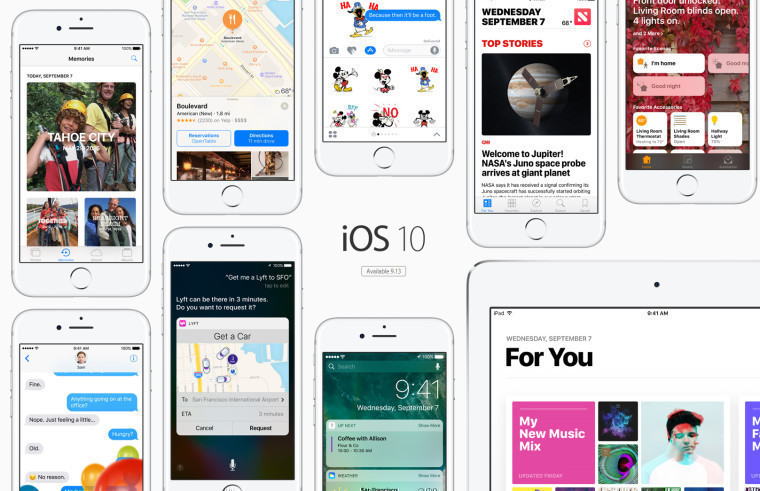
And after releasing iOS 10 on September 13, Apple revealed that by October 7, that version had been installed on 54% of active iOS devices. That's an impressive achievement, but it indicates a much slower rollout rate than for iOS 9, which took just three days to reach 50%.
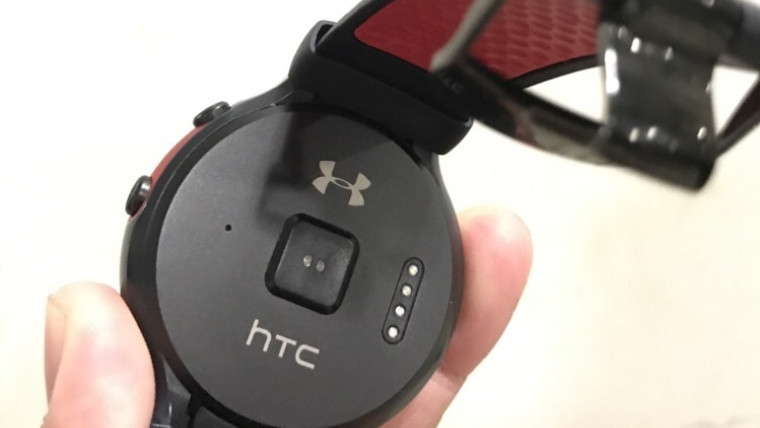
HTC has been working on wearable devices for years, but endless delays and changes in strategy have brought none of these devices to market. Images of the company's latest smartwatch in development, co-developed with Under Armour and codenamed 'Halfbeak', emerged this week.
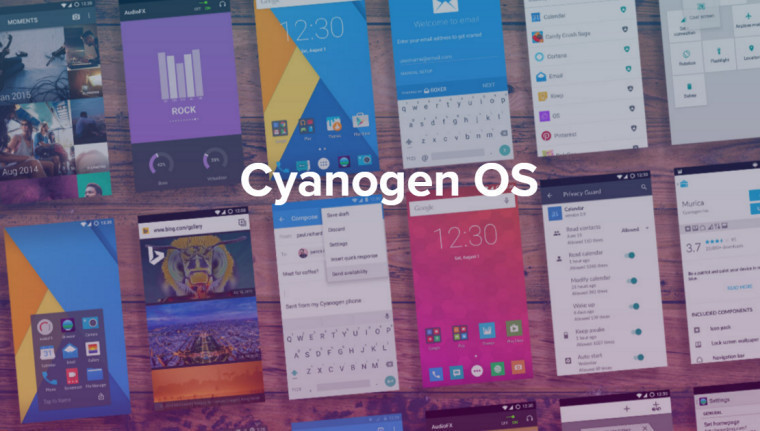
Cyanogen announced a massive change in its strategy this week, ditching development of its fully integrated Cyanogen OS stack, and moving towards a new Modular OS program. The company now intends to offer software components and 'dynamic modules' to device manufacturers which they can then bake into Android - whether the stock build or their own customized variants - for use on their phones and tablets.
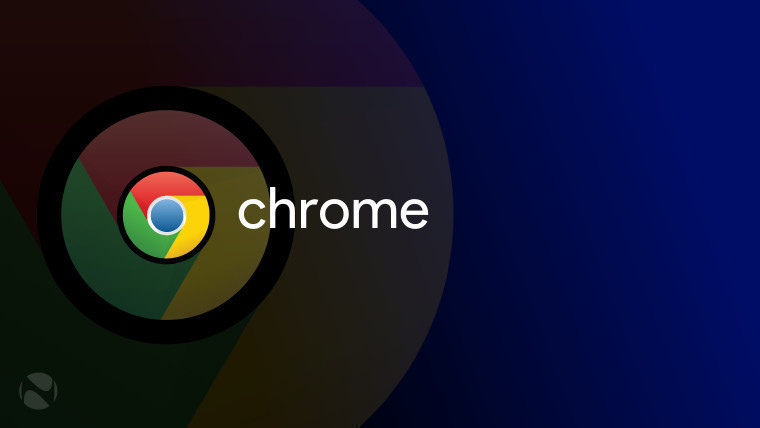
Google's Chrome browser is often criticized for hogging system resources, but an upcoming version looks set to deliver big improvements on that front, using up to 66% less memory in some scenarios.
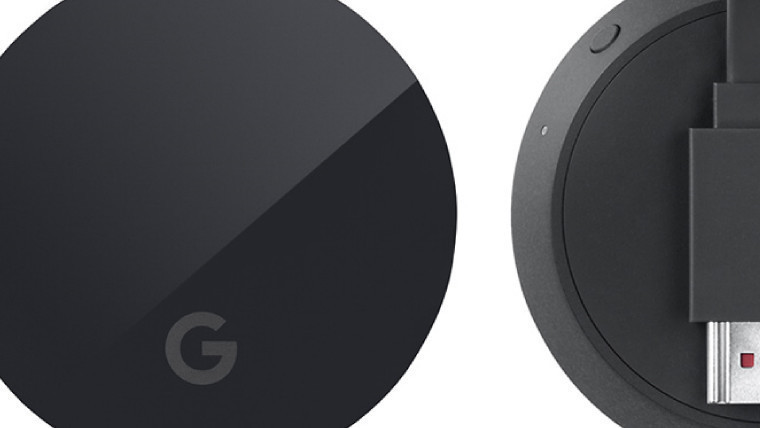
After unveiling its new 4K-ready Chromecast Ultra streaming dongle last week, it seems that Google is now preparing to rebrand its Cast app as 'Google Home', to tie in with its new Assistant-equipped Home speaker hub.
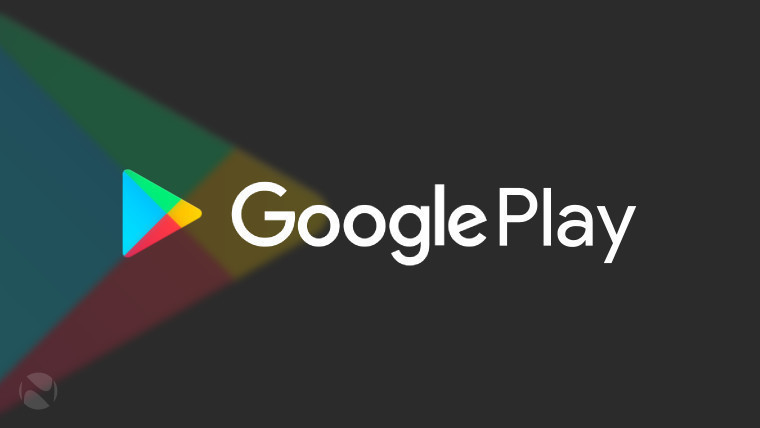
Google is also lining up some user interface changes to its Play Store, ditching the always-visible search bar, and revising some categories, among other alterations.
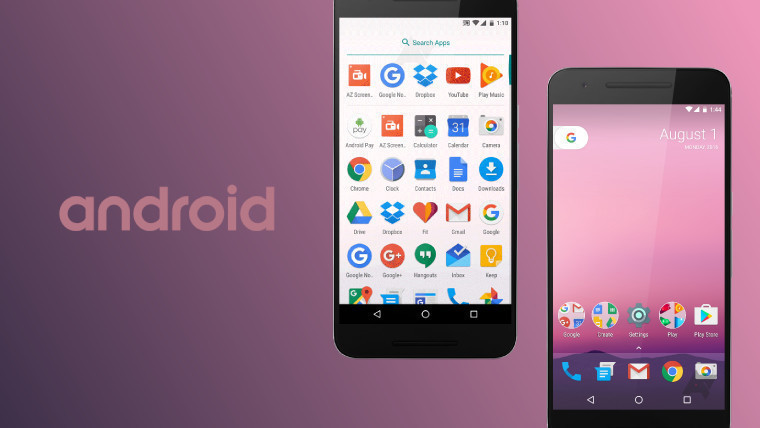
And changes are also on the way to the Google Phone interface, with various UX revisions in development. You can see some of the changes in a video here.

Google introduced new group plans for its Project Fi wireless service on Tuesday - and the company also promised that it will continue selling its Nexus 5X and 6P to Fi customers, despite signalling the end of the Nexus line last week, following the unveiling of its new Pixel flagship phones.

It emerged last week that Verizon, the only US carrier to sell the new Pixels, would have to approve OS updates for the devices before they rolled out. But this week, Verizon said that it "will not stand in the way of any major updates", and that updates for the Pixels on Verizon will roll out "at the same time" as they're released for everyone else.
![]()
Australia's largest carrier, Telstra, began shipping the Pixel phones to those who pre-ordered them a week early.

We've known since Google's event last week that the Pixel and Pixel XL come with Android 7.1 pre-installed, but on Tuesday, the company made a formal announcement about that new OS version, and said that its first Developer Preview will be released later this month.

Google began its Android 7.0 rollout last month, but some devices still haven't received Android 6.0 Marshmallow, over a year after its release. The update finally made its way to Samsung's Galaxy J5 in the Netherlands this week...

...and to the Galaxy Tab S 10.5 on AT&T.
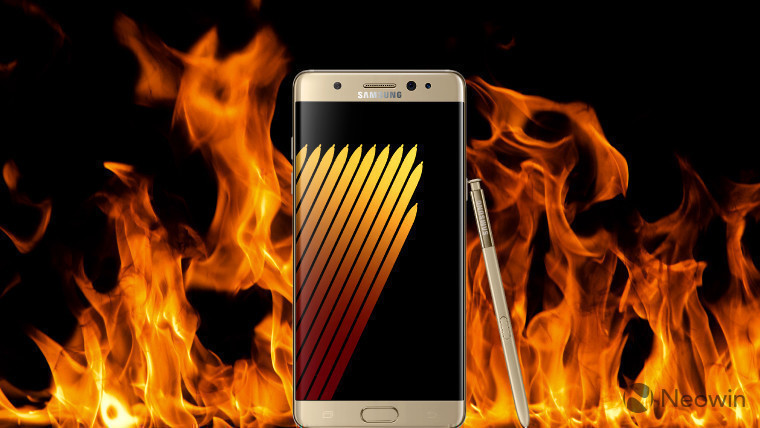
But yet again, Samsung's fiery flagship made its way into plenty of headlines for all the wrong reasons this week. After further reports of more replacement units catching fire and exploding, it emerged that Samsung was trying to keep incidents affecting those newer devices quiet, rather than alerting the public to possible safety issues.
Samsung finally terminated sales and discontinued production of the Galaxy Note7 this week. The US Consumer Product Safety Commission issued a second and final recall of the troubled handset, echoing Samsung's guidance to immediately power down and return all devices - including all replacement devices. Samsung said it will "dispose of" every single Galaxy Note7, rather than attempting to repair or refurbish them.
Here's what you should now do if you own a Galaxy Note7.

Confusion surrounding the Galaxy Note7 recall has also led Samsung to push notifications to Galaxy S7 handsets, to assure customers that their handsets are safe and not subject to the recall.

Samsung hasn't been completely consumed by the Note7 saga though; elsewhere in the company, life goes on. It unveiled the world's first displays to run its open source Tizen OS this week...

...and it's also launching a new modular Windows 10 PC, focusing on style, premium design and high-end audio. The ArtPC Pulse has up to Intel Core i7 processors and 16GB of RAM, a wide range of ports, and a 360-degree Harmon Kardon speaker, and will allow users to purchase 'expansion modules' to further customize the system.

ASUS unveiled its new Transformer Mini earlier this year, and it's now available to pre-order. Priced around $399, it offers a solid range of specs, and features a Surface-style kickstand, detachable keyboard and stylus support.
_story.jpg)
HP revealed a new version of its stylish Spectre x360 with a larger battery, 13.3-inch display with ultra-thin bezels, and Intel's latest (7th-generation 'Kaby Lake') Core processors.
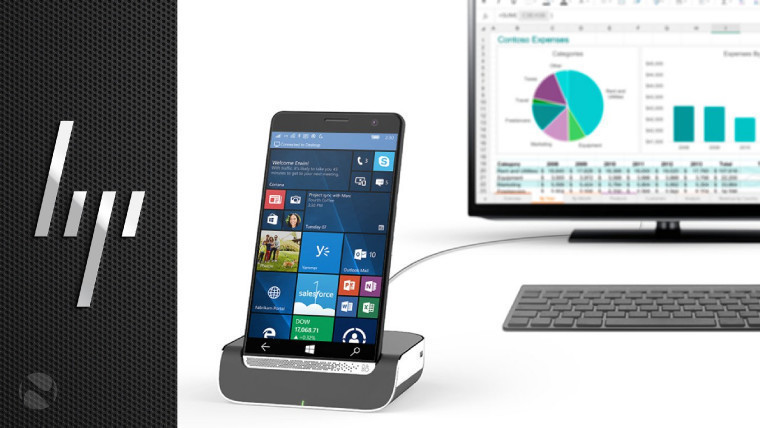
HP's $799 Elite x3 has been available from HP.com and Microsoft's online store for several weeks, but on Monday, it went on sale in Microsoft's brick-and-mortar stores too.

While HP's Windows 10 Mobile flagship phone comes with a Desk Dock accessory, the Lap Dock will be sold separately, offering Continuum functionality on the go. Microsoft opened pre-orders for the Lap Dock this week, priced at $599.
The Lap Dock looks like a notebook, but it can't actually function independently without the Elite x3, and can only display apps that actually run through the handset itself.
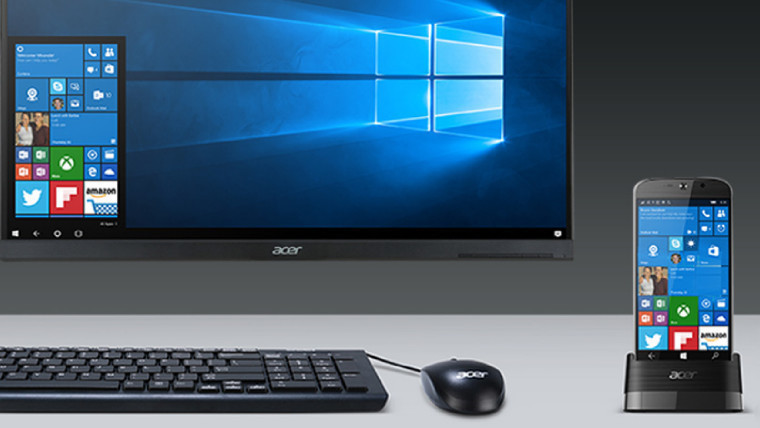
Acer's Windows 10 Mobile flagship was unveiled in September 2015, but didn't actually go on sale in the US until July, when it launched on the Microsoft Store as a $649 bundle that included a mouse, keyboard and desktop dock. Three months later, Microsoft has now slashed 31% off the cost of that bundle, reducing it to $449.
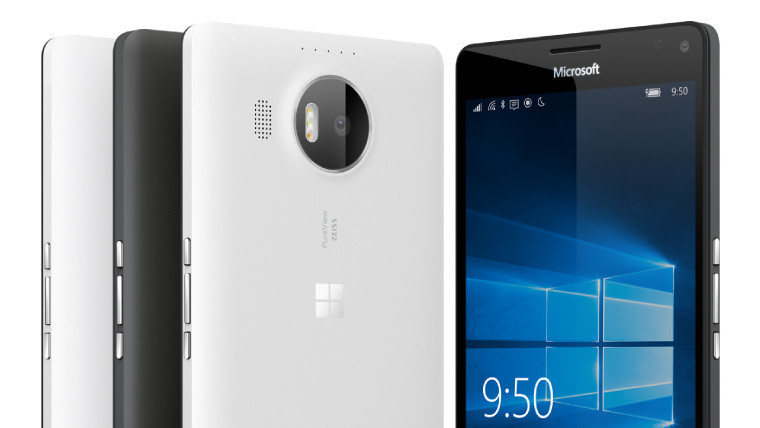
The cost of Microsoft's Windows 10 Mobile range-topper has been falling in the UK since before it even went on sale. Originally listed at £549.99 last year, the Lumia 950 XL is now available for just £299.99.

Microsoft cut the price of its Lumia 640 in the UK too, and it's now available for £99.
But over in the US, you can now get a 640 for just $26.99 with no contract, an incredibly low price for such a capable handset.
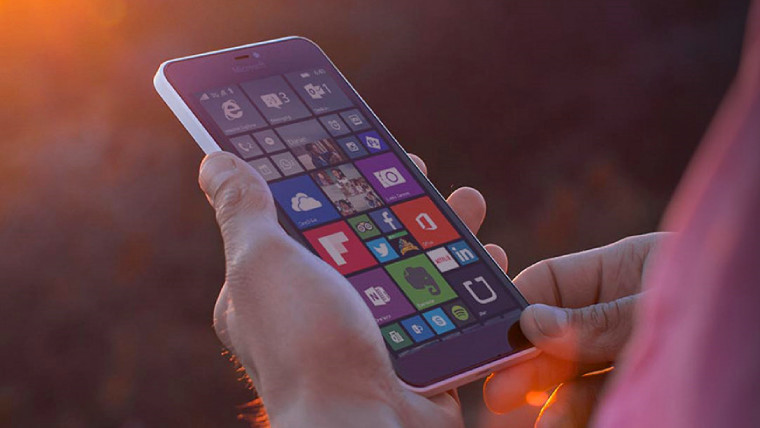
Also in the US, Microsoft and AT&T cut the price of the Lumia 640 XL from $149 to just $99 with no contract. It originally launched there in June 2015 for $249.99.

Microsoft has been saying for months that support from Chase for its Wallet payment platform on Windows 10 Mobile would be "coming soon". But Chase said this week that it won't be supporting Microsoft Wallet until "next year".
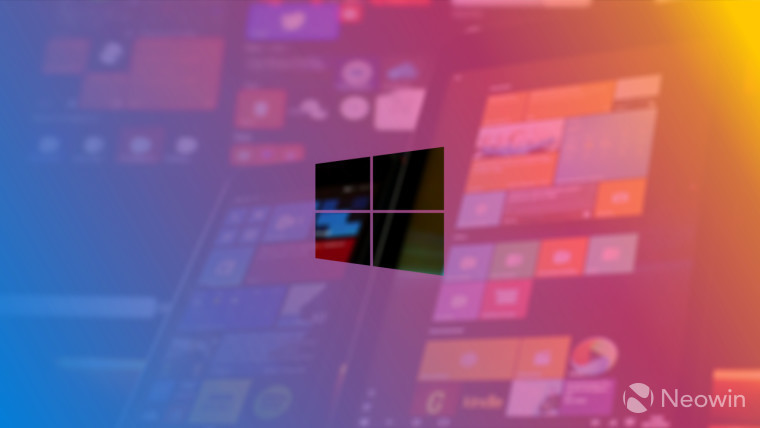
Microsoft is reportedly working on improving the continuity of app experiences when switching between mobile devices and PCs. Next year's Windows 10 Redstone 2 update is expected to integrate new features to offer a more seamless, effortless experience when moving from one device to another.

Microsoft hasn't yet announced when the Redstone 2 update will arrive, but a big clue popped up this week. A reference to "Windows 10 Version 1703" was spotted, which hints at a planned release in March 2017.
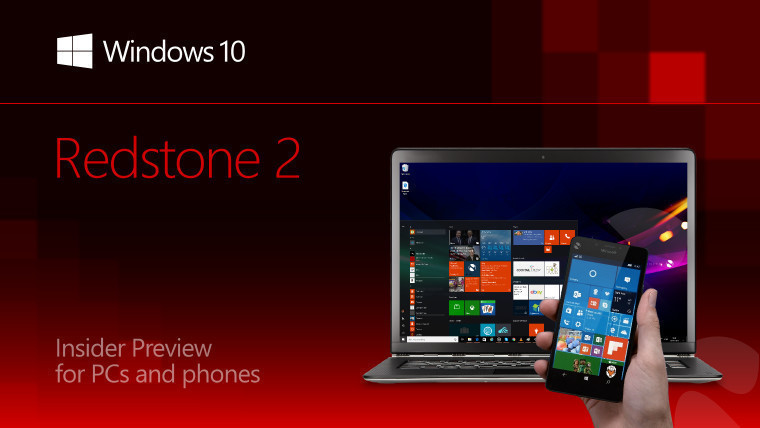
Microsoft released its latest Redstone 2 build to the Fast ring on Thursday. Along with a range of new features and improvements, Windows 10 Insider Preview build 14946 also brings various fixes and known issues to PCs and to phones.

Also on Thursday, Microsoft released the Anniversary Update for Windows 10 Team, the specialized version of the OS that runs on its Surface Hub collaboration device.

Earlier this week, Microsoft rolled out its latest cumulative updates for Windows 10 and Windows 10 Mobile:
- For PCs and phones running the Anniversary Update (Version 1607), build 14393.321 was released
- PCs on the November Update (Version 1511) got bumped up to build 10586.633
- Business PCs running the original Windows 10 release (Version 1507) were updated to build 10240.17146

Microsoft also released a number of critical patches to fix security flaws and vulnerabilities in Windows and Office.

A new Office Insider Preview arrived for Mac users in the Slow ring on Tuesday.

And Microsoft announced a limited preview of its 'Office 365 adoption content pack' for Power BI, to help administrators better understand the usage patterns and behavior of their users.

Microsoft expanded its holographic horizons on Wednesday, as it opened its first pre-orders for HoloLens outside of North America. Developers and businesses in six new markets can pre-order the augmented reality headset, with shipments beginning next month.
It's a hugely important step in Microsoft's ambitions to gain a strong foothold in the nascent mixed reality market, which IDC estimates will grow from $5.2 billion this year, to $162 billion in 2020.

Meanwhile, images of Microsoft's cancelled Band 3 wearable device were published this week, along with various details about the device. It was apparently developed with a fully waterproof body, a swim-tracking feature, support for RFID, and some sort of EKG (electrocardiogram) sensor.

Microsoft announced that its Envision event for business leaders will return next year in Los Angeles, and has opened registrations for those wishing to attend.

After details of a massive overhaul on the way to Microsoft Paint emerged last week, the app itself leaked online, allowing users to try out a pre-release version for themselves.
_story.jpg)
And after launching on Windows 10 Mobile earlier this year, Instagram made its way to Windows 10 PCs this week.

For months, Microsoft was threatening to remove apps from the Windows Store that didn't comply with its new age-rating system. But after its September 30 deadline passed, the company appeared to do nothing to follow up on that threat. Microsoft explained the situation to Neowin on Tuesday.

Four more Xbox 360 games joined the list of those playable on the Xbox One through the Backward Compatibility program.

A video emerged this week showing an Xbox One brand identity animation that was created, but ultimately rejected in favor of a shorter, less complex version.

For the third month in a row, Microsoft's Xbox One outsold Sony's PlayStation 4 in the US - a small, but significant victory, given the extent to which global PS4 sales have spanked those of the Xbox One over the last three years.

Sony tried - and failed - to build a PlayStation mobile gaming ecosystem, before finally giving up in 2014. But on Friday, it confirmed that it will launch 'five or six' mobile games on iOS and Android next year, as part of "a shift from being just a console-based business to being on mobile phones as well".
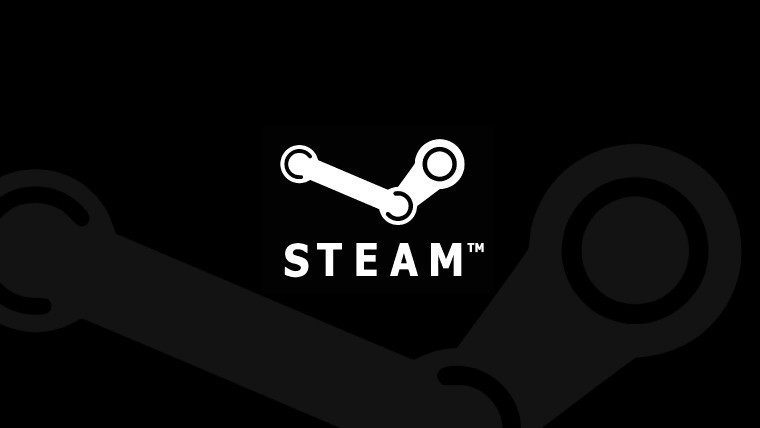
And there was good news for Steam gamers who also own a PS4 - Valve will soon support Sony's controller on its gaming platform.

But our odyssey around the tech world ends this week with the news that 2017 has, unfortunately, been delayed.
Bonus content
Before we wrap things up for another week, let me first highlight a couple of extra bits around the site that I hope you’ll enjoy reading.

Rich Woods took a long hard look at the new Apple Watch Series 2. After putting its dual-core processor, GPS and waterproof build to the test, the conclusion of his review was unequivocal: it doesn't suck.

Shreyas Gandhe published his review of the Nubia Z11 Max, and was very impressed by the Android handset's hardware - but the software side of things left a lot to be desired.

Robbie Khan enjoyed a spot of hardcore gaming as he reviewed the Overclockers UK ForceBox VR10 gaming PC with Nvidia's mighty GTX 1080 graphics card. There was certainly a lot to like, including its impressive 4K performance, thoughtful design and quiet operation, but there's clearly room for improvement there too.

And be sure to check out Rich's unboxing video of Microsoft's new Xbox One S Gears of War 4 bundle, featuring a stunning limited edition version of company's latest console. Definitely worth a watch!
Stay tuned to Neowin in the days ahead for what’s sure to be another exciting week, filled with official news, lots of updates, and plenty of insights from around the world of technology.
For now, though, there’s plenty more to read across the site – including loads of interesting discussions over on our forums.
From all of us
on the Neowin team,
have a great weekend!

















0 Comments - Add comment